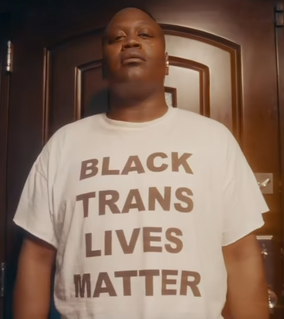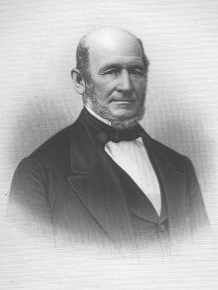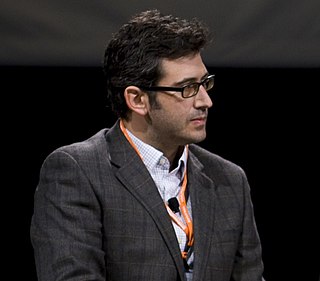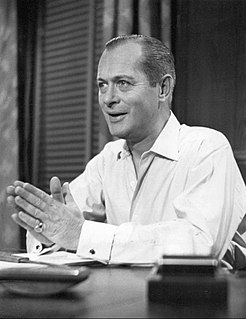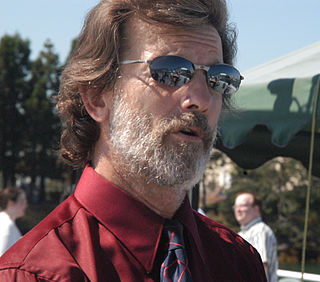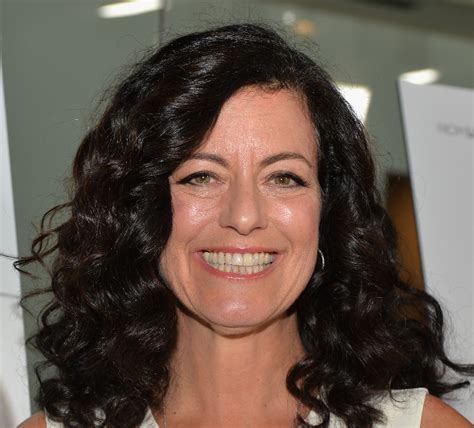A Quote by Patrisse Cullors
Statistics are easy to remove ourselves from. A story, you are implicated in, and you have to choose what side you are going to be on.
Related Quotes
There's been this sort of attitude in media in the past in this country that it's not our job to fall on one side or the other. But what I'm suggesting is that in this day and age, there is no deciding not to fall on one side of the other. You're going to be on a side, so you've got to lean in and choose the right one.
There is always going to be love versus hate; we struggle with that as humans within ourselves every day; as a society, we have to struggle. So when you wake up, you have to decide which side you're going to be on. Hopefully, that side is positive, so you do the work and hope that your legacy will help change things.
I choose to suppress the initial categories I want to put people in - rich, poor, together, not together, druggie, yuppie, rocker, loser, winner, cool, uncool. I choose to remember that I don't know their struggle or their pain. I choose to err on the side of grace because someday I'll stand before God, and I pray He'll err on the side of grace with me.

